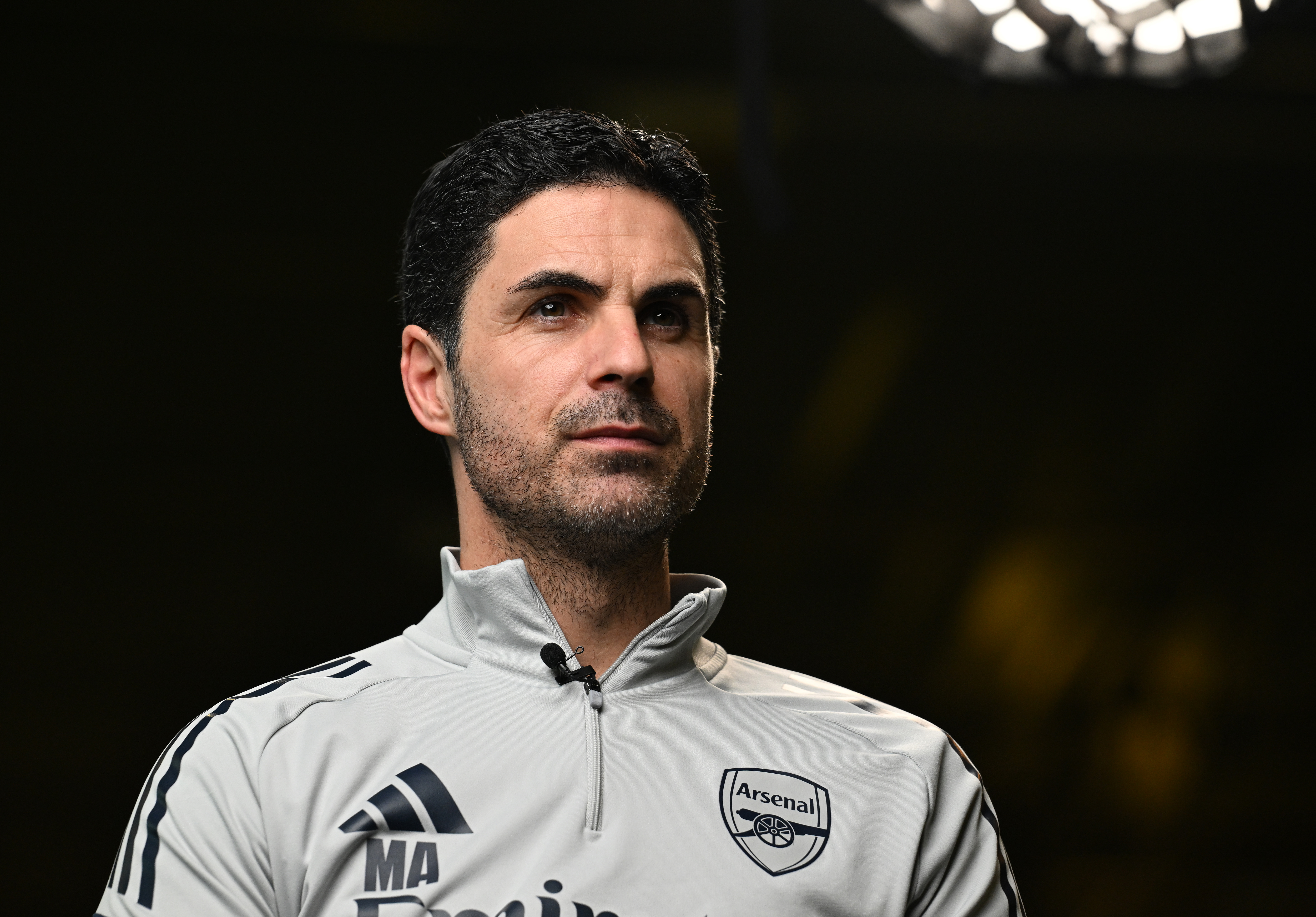Garcia Report: Barcelona and Madrid's Qatar dealings not linked to World Cup vote
Barcelona and Real Madrid having dealings with members of the Qatar bid committee did not influence voting for the 2022 World Cup.

Members of the Qatar bid committee engaging in commercial dealings with LaLiga giants Barcelona and Real Madrid did not influence how votes were cast in the country's successful pitch for the 2022 World Cup, according to the Garcia Report.
On Tuesday, FIFA released the full report from former New York attorney Michael Garcia into the controversial concurrent bidding process for the 2018 and 2022 World Cups in Russia and Qatar.
World football's governing body took action after German publication Bild obtained what it said was a leaked copy of the findings and on Monday published allegations it claimed were included in the document.
Garcia submitted his report to FIFA in September 2014 but said a summary published by the organisation two months later was "erroneous and incomplete".
FIFA statement on recent media coverage regarding the “Garcia Report” - June 27, 2017
QATAR 2022 OFFICIALS, BARCELONA AND REAL MADRID
Barcelona and Madrid are discussed in the section of the full report that addresses alleged collusion between Spain and Portugal's joint bid for the 2018 World Cup and Qatar's move for the event four years later.
The best features, fun and footballing quizzes, straight to your inbox every week.
Qatar 2022 officials Hassan Al-Thawadi and Andreas Bleicher participated in negotiations between the Qatar Sports Investments (QSi) group and Barcelona that resulted in a wide-ranging five-year deal, including shirt sponsorship rights, that was announced on December 10, 2010 – eight days after the World Cup vote.
To close the deal Al-Thawadi and Bleicher travelled to Barcelona repeatedly during the bidding process, including trips in October and November 2010. Garcia claims that records show Qatar 2022 officials Ali Al-Thawadi and Nasser Al-Khater joined them at a July 2010 meeting.
However, the report states: "While bid team members were involved in the negotiations with FC Barcelona, no link has been uncovered between QSi investment and the December 2, 2010 World Cup vote."
A short section is also dedicated to a visit made by Qatar 2022 officials to the Spanish capital in October 2009 to discuss potential investment in Real Madrid, following talks between the club and the Qatar Investment Authority (QIA).
Qatar 2022 produced records to show its bid officials were party to discussions over a Real Madrid theme-park concept that Garcia believes QIA ultimately did not invest in.
"No evidence in the record suggests that Qatar 2022 met with anyone from the Spain/Portugal bid team or from the FIFA Executive Committee in Madrid," the report read. "Nor has the [FIFA] Investigatory Chamber seen evidence that the Real Madrid discussions influenced the voting process in any way."
SPAIN/PORTUGAL AND QATAR COLLUSION CLAIMS
UK newspapers the Telegraph and the Sunday Times published articles in the months leading up to the vote that alleged collusion between Spain/Portugal and Qatar.
The matter was referred to FIFA's independent Ethics Committee on October 18, 2010, with both teams denying the existence of an "unfair alliance" after proceedings were opened.
On November 18, 2010, the Ethics Committee closed its investigation "for lack of substantial evidence".
Regarding the eventual vote tallies received in the World Cup vote, the Garcia Report noted: "A FIFA press release confirmed that while Qatar received no fewer than 10 votes in any round of voting for the 2022 hosting rights, Spain/Portugal received seven votes in both rounds of voting for. That tally is consistent with the allegation that a voting agreement guaranteed both bids at least seven votes."
SUSPICIONS BUT NO PROOF
Garcia concluded that FIFA's use of exhaustive balloting, which enables voters to change their minds between rounds, and the simultaneous selection of World Cup hosts for respective European and non-European nations made voting vulnerable to possible collusion and vote trading, although it is not something for which he could find concrete proof.
He stated: "Spain's alleged lack of 'access' to any relevant documentation at a minimum shut down an avenue that could have led to closure," while the majority of Executive Committee members refusing to disclose who they voted for also frustrated Garcia in this area and left him calling for greater transparency in the process.
"The unfortunate decision by the vast majority of the Executive Committee members to cling to the secrecy of their ballots only fuels those suspicions [of collusion]," he added, with no votes disclosed by any of the three CONMEBOL Executive Committee members who were focused upon in the collusion allegations.
Late Argentine Football Assocation president Julio Grondona is claimed to have given Garcia conflicting information over the destination of CONMEBOL votes but the report acknowledges: "Mr. Grondona's inconsistent answers about the CONMEBOL representatives' approach to the World Cup vote do not prove allegations of collusion or other bidding process-related misconduct."
FIFA's abridged release from Garcia's findings declared the 2018 and 2022 World Cup bidding process to be closed, although it did "prohibit the awarding of hosting rights to more than one FIFA World Cup at the same meeting", seemingly in relation to the issues he raised in this section.
The majority of FIFA Executive Committee members who voted on the 2018 and 2022 World Cups are no longer in their posts, with many swept away during the fallout from the 2015 FIFA corruption scandal that ultimately accounted for long-serving president Sepp Blatter.
 Join The Club
Join The Club





